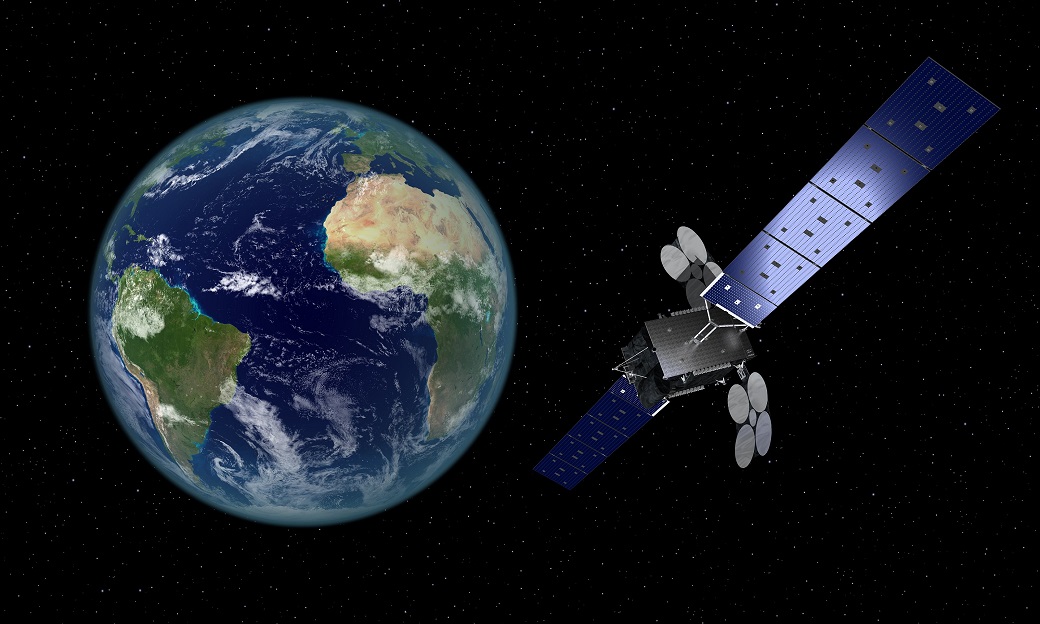A few days ago during the presentation of the 2020 National Budget, a remarkable announcement was made. The finance minister indicated that Zimbabwe was going to launch its first satellite into space in 2020. This drew quite a lot of public reactions most of which expressed ridicule over such plans. Such reactions are obviously premised on the fact that most of the basic systems in the country e.g. health, monetary, education, just to mention a few, are in disarray. People feel that shifting focus to launching satellites into space is a seriously misplaced priority. Let’s discuss some matters of interest regarding this issue.
The Story Started Off Last Year
It seems most people were surprised to hear this not only because of the issue of misplaced priorities but because they were hearing about Zimbabwe and space satellites for the first time. This latest announcement was a culmination of plans that were actually set in motion in the first half of last year. Last year (June to be specific) a local space agency was officially launched by President E.D. Mnangagwa. It is called the Zimbabwe National Geospatial and Space Agency (ZINGASA).
This agency was put together with the aim of introducing Zimbabwe into the domain of space tech and innovation. This is believed to be central to the overall sustainable development of the nation. By launching ZINGASA, Zimbabwe became the 12th country on the African continent to set its sights into space. Some of the African countries that now have functional space agencies are South Africa, Rwanda, Tunisia, Angola and Morocco amongst others. So in essence, this recent announcement made in the 2020 budget has been a long time coming. The long term vision of ZINGASA will be to launch earth observation satellites, global navigation satellite systems, and unmanned aerial vehicles plus more.
Why Launching Into Space Is Necessary For Zimbabwe
To understand this you must, first of all, know what a space agency is for. A space agency is mainly concerned with the use of space satellites to observe the earth. One of the common metrics that satellites can observe is weather patterns. This all involves a lot of observation which leads to data collection. Some of the key areas of application of such infrastructure and technologies are mining and agriculture. In the long run applications such as surveillance for security can also be done.
It is also critically important for a nation endowed with natural resources like ours to have a sophisticated system used to locate and monitor where every natural resource is. So it is evident that such frameworks would greatly benefit the nation. The applications for space technology are quite broad and diverse. One of the major pillars of most developed countries is a serious investment in research and development (R&D). Space technology and innovations play a huge role in research and development.
The Cost Implications
This is an important aspect because it is the main reason why people have ridiculed the government’s plans to launch into space. I am going to touch on the infrastructure needs mainly. I say so because there will definitely be a need for highly qualified technical experts and all – which ultimately entails more costs. It is said that most of the cost of satellites is because of the high-tech gadgets and equipment that will be part of the satellite. We are talking about things like computers, transponders, cameras and so on.
On average, a weather satellite costs around US$300 million. We have not even started looking at the cost of launching the satellite into space which can cost anything between US$10 million and US$400 million. Afterwards, there is the cost of bandwidth which can be roughly US$2 million annually. By bandwidth, we are referring to having to pay for the transmission of voice and data (more like what mobile network operators do). The finance minister did point out that resources for the satellite launch have been included in the 2020 budget under the Research and Development programme. As much as that is so let us not kid ourselves that it is a walk in the park. The cost estimates I alluded to earlier speak volumes about how expensive launching and keeping satellites in space is.
It all boils down to an issue of a noble pursuit at the wrong time or misplaced priorities. Looking at the cost implications I touched on earlier you can imagine how much impact such amounts of money could make in sectors such as health care. It would not make sense for space programs to be prioritised when the ordinary citizen is failing to make ends meet. Just like the vast majority of people have been echoing, it is supposed to be first things first. Trust me, in light of how other nations have advanced especially in this fourth industrial revolution (4IR) we do need to launch into space. However, the priorities need to be set right.








